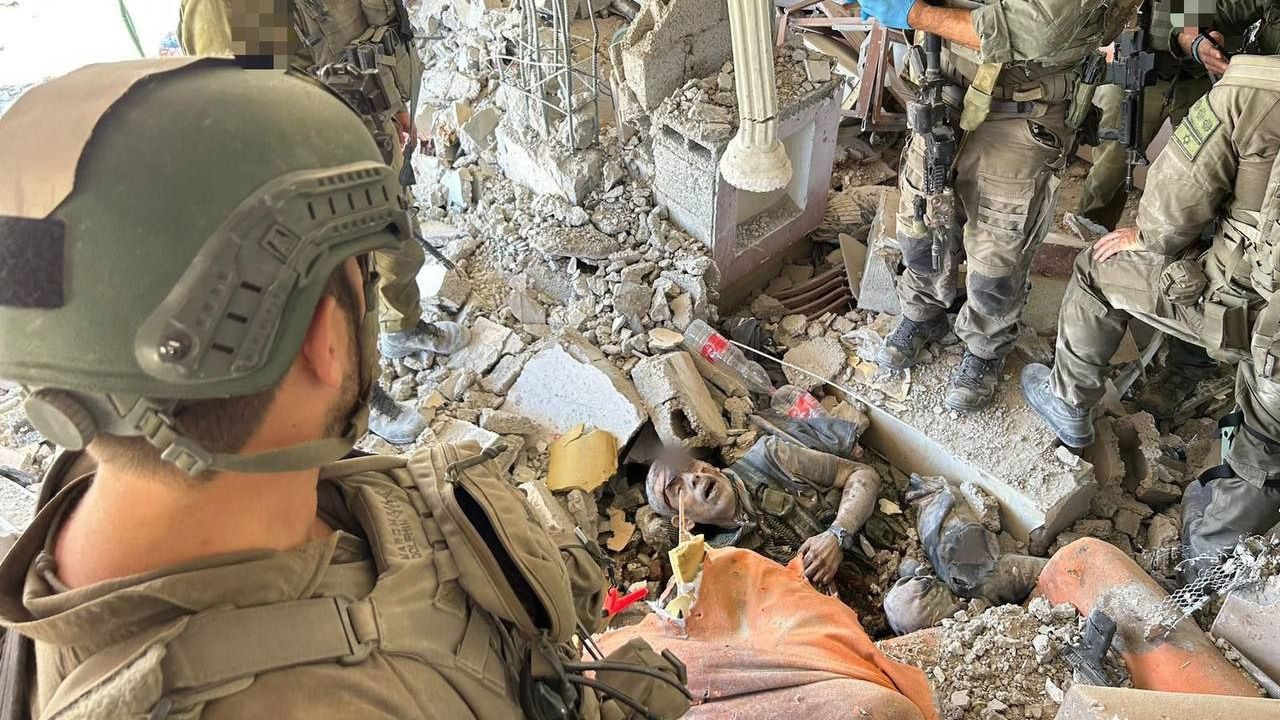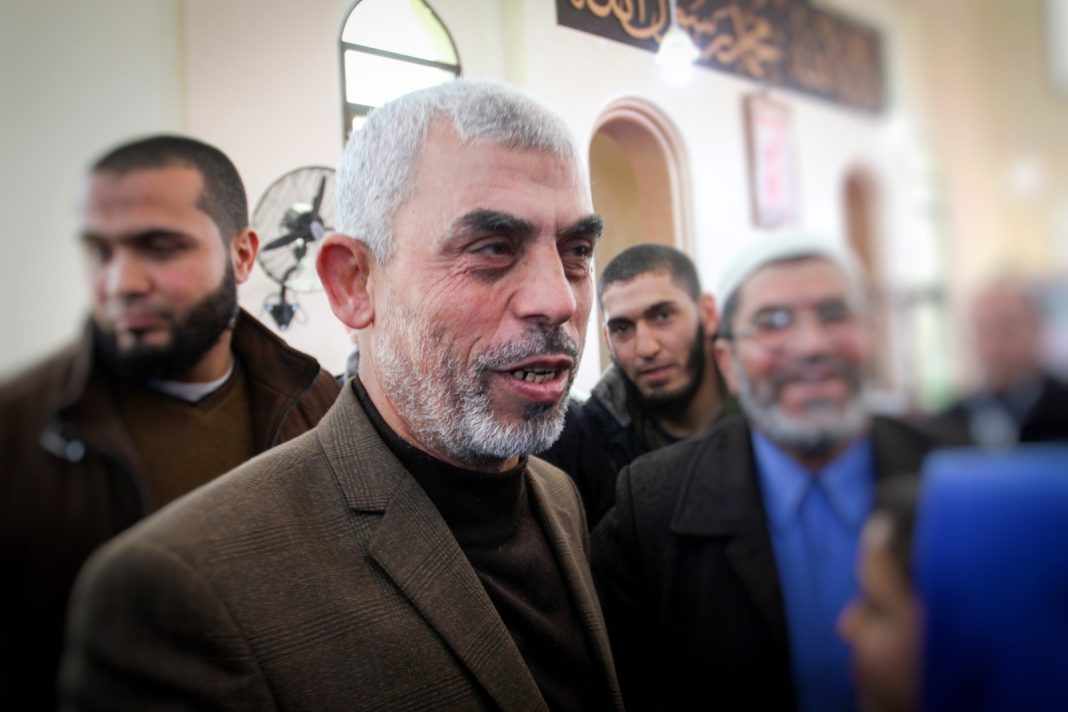JERUSALEM, Israel — The Israeli military announced on Thursday, October 17, 2024, that its forces had killed Hamas leader Yahya Sinwar in southern Gaza, confirming the news after conducting DNA tests to identify his body.
Sinwar, 62, was one of the masterminds behind the Hamas-led attacks on southern Israel on October 7, 2023, and had been a prime target for Israel ever since.
“After completing the process of identifying the body, it can be confirmed that Yahya Sinwar was eliminated,” the Israel Defense Forces (IDF) said in a statement.
The IDF emphasized that a series of military operations over the last year, including the past few weeks, had restricted Sinwar’s movement and ultimately led to his death.
The death of Sinwar, who became the political leader of Hamas in Gaza in 2017, is seen as a major achievement for the Israeli government.

Prime Minister Benjamin Netanyahu praised the operation but warned that Israel’s campaign in Gaza is far from over.
“Today, we have settled the score. Today, evil has been dealt a blow, but our task has still not been completed,” Netanyahu said in a recorded video message.
He reiterated that Israel would continue its efforts until all the remaining hostages taken by Hamas are returned.
Nearly 250 Israelis were taken hostage during the attacks on October 7, and while approximately half have since been released, around 70 are still believed to be held in Gaza.
Among those calling for swift action is Orna Neutra, whose son Omer remains a captive.
“This is a critical, time-sensitive development as it relates to the hostages. Their lives are in great danger now more than ever,” Neutra said, urging both the Israeli government and U.S. administration to act quickly to secure a deal for their release.
Despite Sinwar’s death, the war between Israel and Hamas shows no signs of abating.
Hamas has not yet commented on the killing, but analysts suggest that the militant group is unlikely to be significantly weakened.
Israel has also claimed responsibility for the assassinations of other top Hamas figures in recent months, including political leader Ismail Haniyeh in July and military chief Mohammed Deif in August.
However, Hamas has not confirmed the latter.
Sinwar’s killing follows escalating regional tensions, as the conflict has drawn in neighboring powers and groups.
Last month, an Israeli airstrike in Beirut killed Hassan Nasrallah, the leader of Hezbollah, a Lebanese militia and key ally of Hamas.
That incident triggered a broader conflict between Israel and Hezbollah, which has been ongoing since October 8, 2023.
In the wake of these developments, Iran has also entered the fray, launching a missile attack on Israel on October 1 in retaliation for Nasrallah’s assassination.
With speculation mounting about an Israeli strike on Iran, there are concerns that the conflict could drag in the United States, which has already deployed missile defense systems and troops to support Israel.
For residents in Gaza, Sinwar’s death is unlikely to bring the conflict closer to resolution. Salah Musleh, a resident of central Gaza, expressed scepticism about the impact of Israel’s operations.
“Sinwar’s killing will not stop the war because it is a war on the Palestinian cause and Palestinian existence,” Musleh said.
“Israel assassinated Hamas leaders Ismail Haniyeh, Saleh al-Arouri, and today Sinwar, but the war has not stopped to this day. We are proud of this end to Sinwar.”
As the war rages on, international efforts to broker a ceasefire have been unsuccessful, with Israel refusing any deal that includes both a hostage release and a cessation of hostilities.
Netanyahu has instead pledged to continue fighting until Hamas is fully defeated.
The situation in Gaza remains dire, with the death toll climbing. Since October 2023, Israeli operations have killed more than 42,000 Palestinians, the majority of them civilians, in response to Hamas’s attacks, which resulted in the deaths of 1,139 Israelis.
With no clear end in sight, the conflict between Israel and Hamas continues to shape the wider Middle Eastern landscape, pulling in regional actors and raising fears of further escalation.







